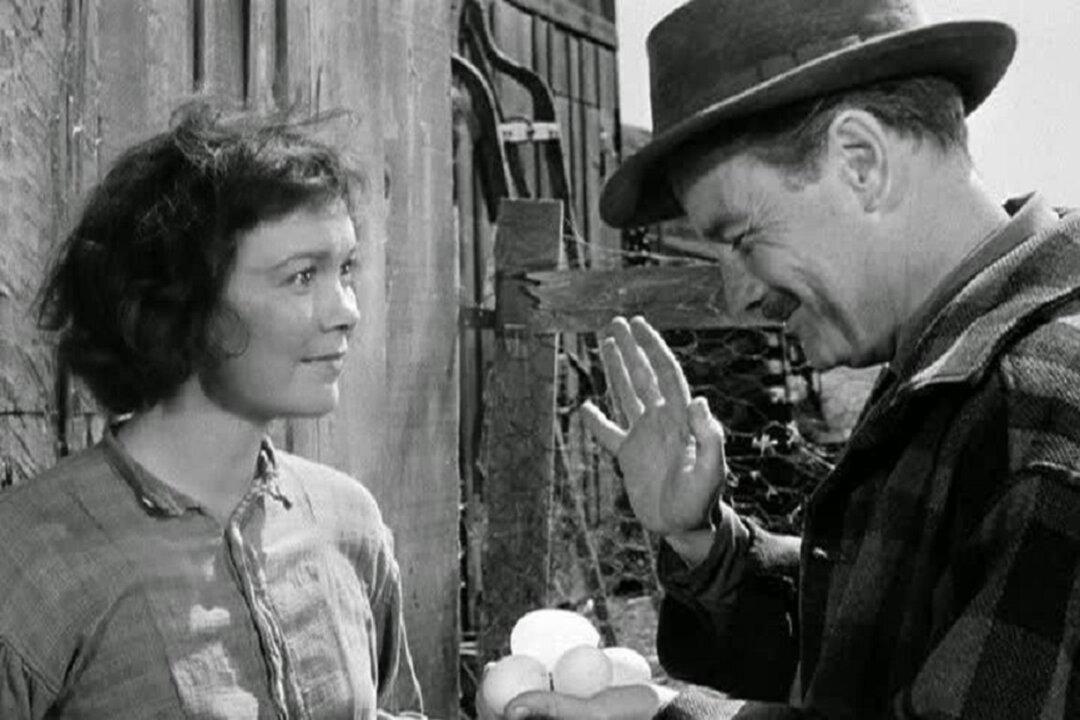NR | 1h 42m | Drama | 1948
I’ve always appreciated what a great actress Jane Wyman (1917–2007) was, particularly in her star-turning role as the caring girlfriend of an alcoholic writer (played by Ray Milland) in “The Lost Weekend” (1945). In her newfound stardom, she played the lead in 1948’s “Johnny Belinda.”






